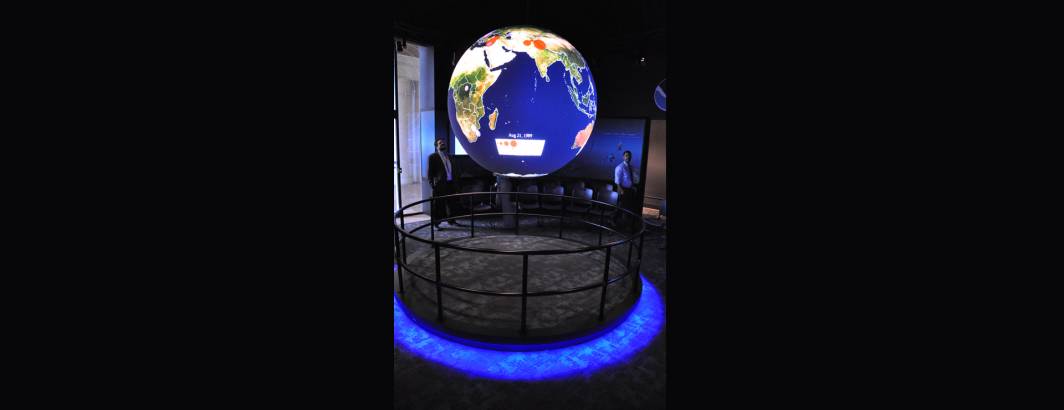
In many ways, GDELT offers a glimpse at the future of digital libraries and a model for how they might be constructed. Rather than hold original materials itself like traditional libraries, GDELT constructs what amounts to a central metadata index and repository for a virtual globally decentralized digital library constructed of news outlets from all across the world.
GDELT collects, computes and compiles metadata over all of this coverage from across the globe and publishes open feeds of the resulting metadata. For example, few news outlets offer native emotion-based or geographic search. Using GDELT's metadata indexes, their coverage can be instantly mapped or sorted by thousands of different tone scores like anxiety.
Looking across outlets, these metadata indexes make it possible to construct narrative maps that cluster coverage and identify emergent narratives and events in realtime. Such ability to look across a single centralized global-scale metadata index opens unprecedented new possibilities for understanding our global world, including one of the very first external alerts of Covid-19 being sent based on GDELT data.
Moreover, GDELT's metadata is truly multimodal, spanning text, audio, imagery and video.
This massive firehose of data is available through a complete range of interfaces, from non-technical browser-based interface and JSON APIs on one side to summary datasets and full-resolution firehose datasets on the other, enabling it to meet the needs of any application.